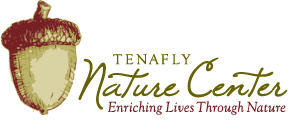TNC Account Log-In |
Injured & Orphaned Raccoons |
|
Have you found a raccoon?
How to Transport a Rescued Animal to the Wildlife Rehabilitator:
The advice expressed on this page is to be utilized at your own discretion. Laws regarding wildlife may differ between counties.
|
Local Wildlife Rehabilitators Accepting Raccoons Wildlife Freedom Inc. The Last Resort Rescue Anthony Desimone 201-709-0934 Deborah DeRosa 973-769-6830 Complete list of Wildlife Rehabilitators
|


